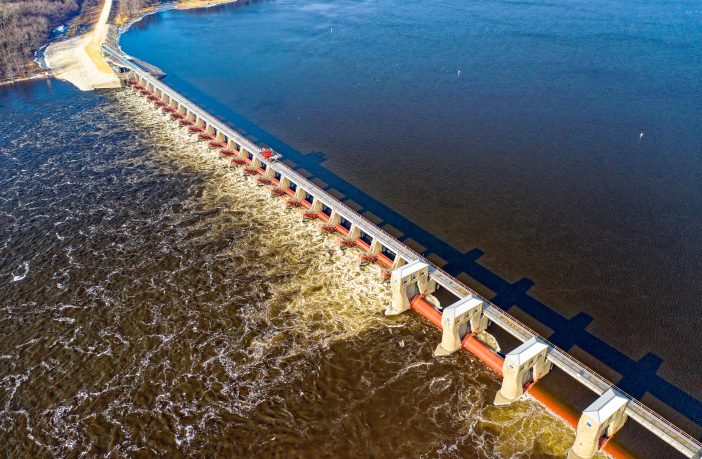Tanzania’s National Environmental Management Council (Nemc) has approved the construction of the planned 2,100MW hydroelectric dam at Stiegler’s Gorge, assuring that it will have no adverse impact on the local ecology.
The director general of the Council, Dr Samuel Gwamaka, said that implementation of the hydroelectric power project will comply with all the relevant environmental protection measures at all levels, The Citizen reported. “We are determined to make sure that all water sources in Morogoro, Iringa, Dodoma, Njombe, Mbeya and Ruvuma regions are well protected and sustained,” said Dr Gwamaka in Dar es Salaam at the weekend.
He further highlighted that the Stigler’s Gorge hydroelectric project is vital in building a strong industrial economy, hence the need to develop it without affecting all sources of Rufiji River.
“Nemc will make sure that all projects that have a connection with water sources are environmentally friendly. We make sure that water sources are protected and sustained to benefit current and future generations,” he said.
Gwamaka also assured that the Council will continue to uphold all laws and regulations dealing with environmental protection. He said that the move would act as a way of enabling the country to achieve Vision 2025 that aims to transform Tanzania into a middle income semi-industrialised economy.
“As the National Environmental Management Council, we commend various measures being taken by President John Magufuli’s administration in the endeavor to build an industrial economy,” he said.
Construction of the hydroelectric dam is expected to begin in 2019 – Read More
Author: Babalwa Bungane
This article was originally published on ESI Africa and is republished with permission with minor editorial changes.











